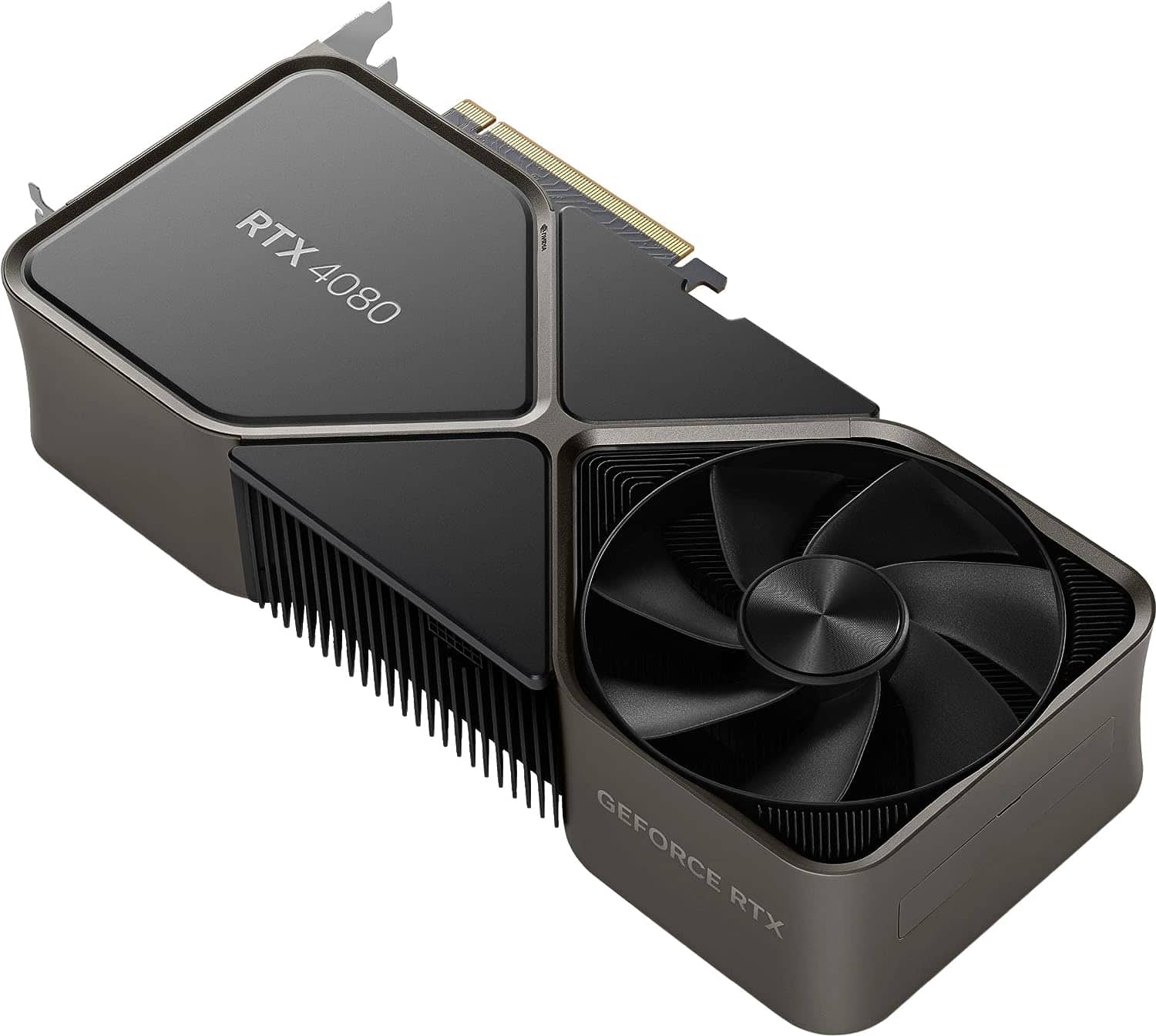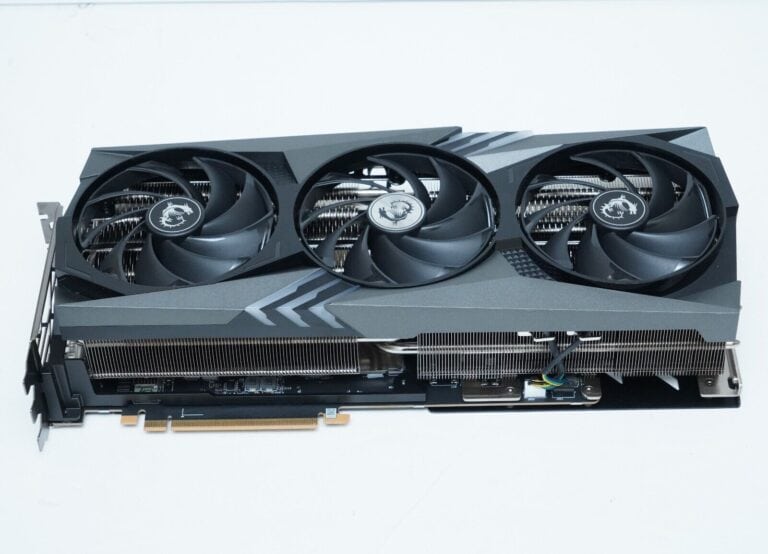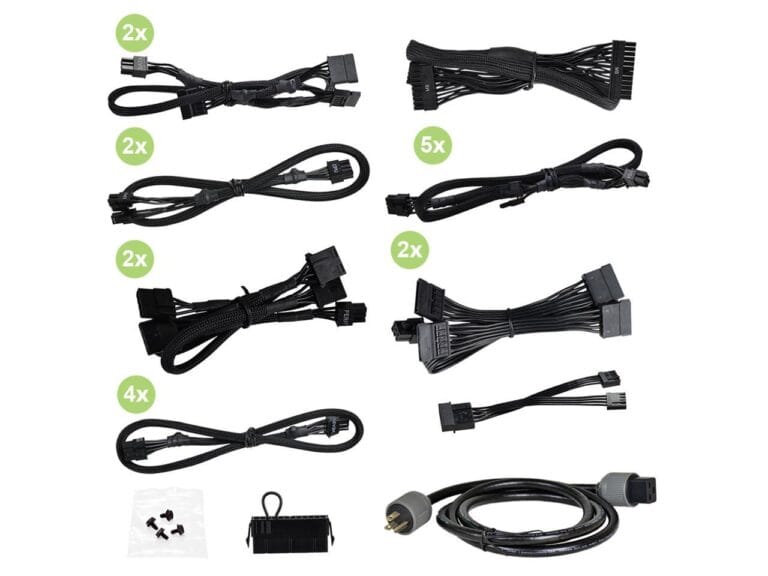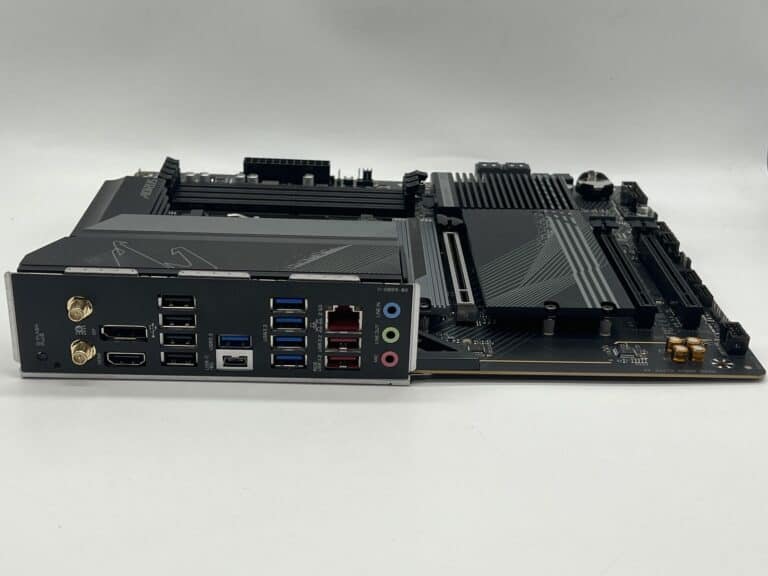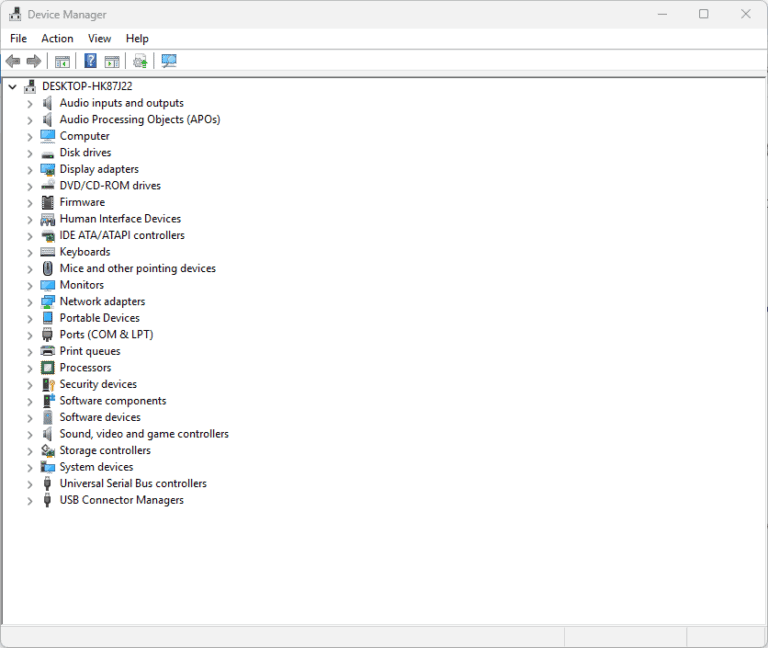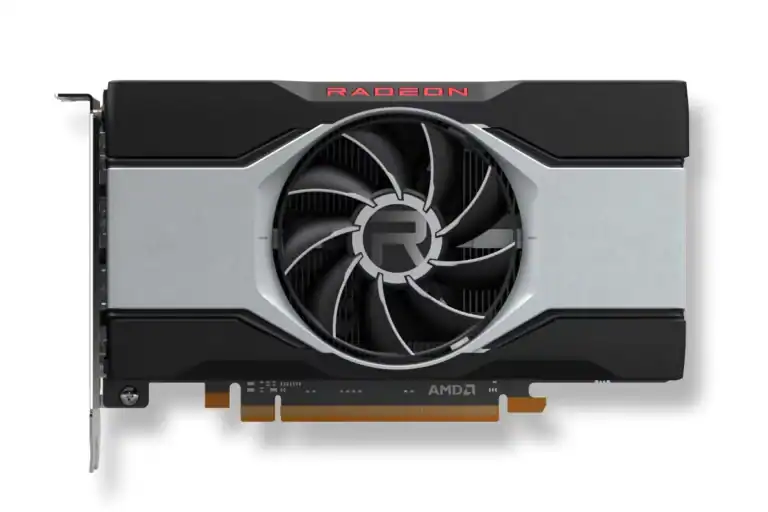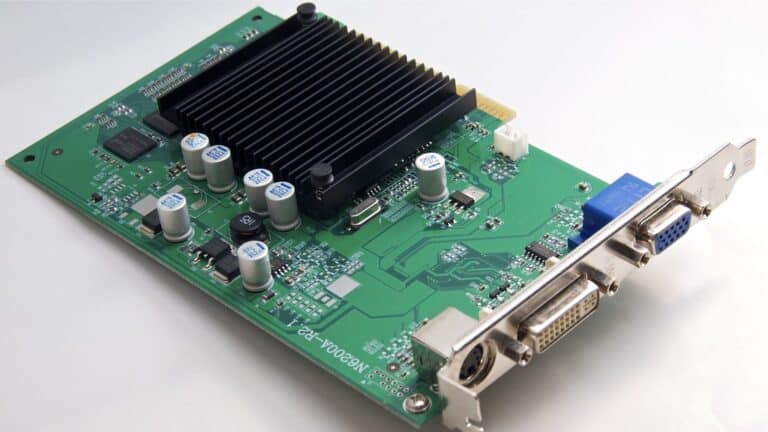The NVIDIA GeForce RTX 40 Super Series brought a major refresh to the RTX 40 lineup, offering improved performance, better pricing, and refined efficiency for gamers and creators alike. Announced at CES 2024, these GPUs — including the RTX 4080 Super, RTX 4070 Ti Super, and RTX 4070 Super — deliver significant upgrades over their non-Super counterparts while maintaining the same Ada Lovelace architecture.
In this guide, we’ll cover the release dates, specifications, performance benchmarks, and key differences that define the RTX 40 Super Series.
NVIDIA GeForce RTX 40 Super Series Release Dates
NVIDIA officially unveiled the RTX 40 Super lineup during CES 2024 on January 8, 2024, with a staggered release schedule throughout the month:
| GPU Model | Release Date | Launch Price (USD) |
|---|---|---|
| RTX 4070 Super | January 17, 2024 | $599 |
| RTX 4070 Ti Super | January 24, 2024 | $799 |
| RTX 4080 Super | January 31, 2024 | $999 |
These cards replaced or supplemented the original RTX 4070, 4070 Ti, and 4080 models, offering better performance-per-dollar and addressing the pricing criticisms of the earlier lineup.
⚙️ RTX 40 Super Series Specifications
All RTX 40 Super GPUs are based on NVIDIA’s Ada Lovelace architecture, built on TSMC’s 4N process, featuring DLSS 3, Frame Generation, and Ray Reconstruction technologies.
| GPU | CUDA Cores | VRAM | Memory Bus | TGP | Architecture |
|---|---|---|---|---|---|
| RTX 4070 Super | 7,168 | 12 GB GDDR6X | 192-bit | 220W | Ada Lovelace |
| RTX 4070 Ti Super | 8,448 | 16 GB GDDR6X | 256-bit | 285W | Ada Lovelace |
| RTX 4080 Super | 10,240 | 16 GB GDDR6X | 256-bit | 320W | Ada Lovelace |
Compared to their predecessors:
- The 4070 Super gained ~20% more CUDA cores.
- The 4070 Ti Super added 4 GB more VRAM and a wider memory bus.
- The 4080 Super offered a small performance bump but came at a lower price ($999 vs. $1,199 for the original 4080).
🎮 Performance Overview
Independent benchmarks (sources: TechPowerUp, Tom’s Hardware, PC Gamer) show that the Super cards deliver 10–20% higher performance than their non-Super versions, depending on the game and resolution.
Highlights:
- RTX 4070 Super: Roughly matches the RTX 4070 Ti in 1440p gaming.
- RTX 4070 Ti Super: Approaches RTX 4080 levels of performance.
- RTX 4080 Super: Within 5–7% of the RTX 4090 in some workloads, but at a much lower cost.
All Super cards excel in ray tracing and AI-enhanced rendering with DLSS 3.5, making them ideal for both high-end gaming and creative workflows.
🧠 Key Features
- DLSS 3.5 & Ray Reconstruction – Improves image quality and frame rates using AI-powered frame generation.
- NVIDIA Reflex – Reduces system latency for competitive gaming.
- AV1 Encoding – Ideal for streamers and video creators, offering better quality at lower bitrates.
- NVIDIA Studio Drivers – Optimized for creative applications like Blender, DaVinci Resolve, and Adobe Premiere Pro.
💰 Price and Value
One of the biggest wins for the RTX 40 Super Series is value. NVIDIA addressed the criticism of the original RTX 40 lineup’s pricing by offering better performance at lower or equal prices:
- The RTX 4080 Super launched $200 cheaper than the original 4080.
- The RTX 4070 Super nearly matched the 4070 Ti’s performance for $200 less.
This repositioning made the Super lineup much more competitive against AMD’s Radeon RX 7900 XT and 7900 XTX cards.
RTX 40 Super Series vs. AMD
| NVIDIA GPU | Closest AMD Rival | Performance Comparison |
|---|---|---|
| RTX 4070 Super | RX 7900 GRE | Slightly faster in ray tracing, similar raster performance |
| RTX 4070 Ti Super | RX 7900 XT | Roughly equal in raster, stronger in DLSS and ray tracing |
| RTX 4080 Super | RX 7900 XTX | Slightly slower in raster, faster in ray tracing and AI tasks |
If you prioritize ray tracing, DLSS performance, or content creation, the RTX 40 Super cards are the better choice. For pure rasterized gaming at a lower cost, AMD remains competitive.
🔮 The Future of NVIDIA GPUs
The RTX 40 Super series likely marks the final refresh before the next-generation RTX 50 “Blackwell” GPUs, expected in 2025. These upcoming cards will focus on even greater AI acceleration and next-gen ray tracing performance.
For now, the RTX 40 Super lineup offers a sweet spot for gamers and creators seeking top-tier performance without paying flagship prices.
🏁 Final Thoughts
The NVIDIA GeForce RTX 40 Super Series strikes a perfect balance between power and price. Whether you’re gaming at 4K, creating content, or streaming, these GPUs deliver exceptional performance, advanced AI features, and efficient power usage.
If you’re upgrading from a RTX 30-series or earlier, the 40 Super lineup is one of the most compelling options available today.
Further Reading:

